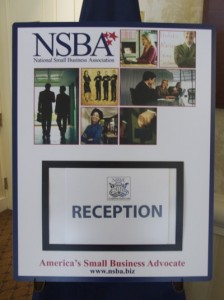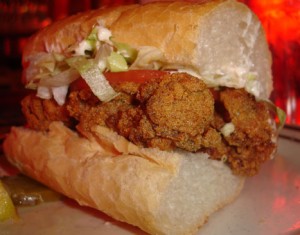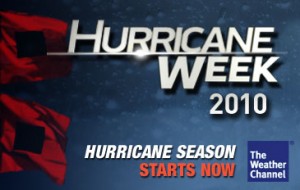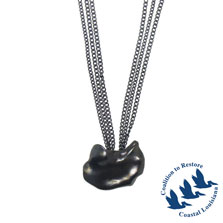The Honorable Geert Visser, consul general for the Netherlands in Houston, gave an interview to the Houston Chronicle in which he revealed that his government extended an official offer of assistance to the U.S. three days after the oil well explosion in the Gulf Coast. The administration wrote back to decline the offer. Now, after nearly two months of an oil gush that is savaging the wildlife and economy of the Gulf Coast states, our government is reconsidering the Dutch offer. No doubt the Dutch are horrified by what they are seeing on the news, as this paralysis and political blame would not be tolerated in the Netherlands, where the government gives an oil company twelve hours to contain a spill. If the oil company’s response is insufficient, the government steps in, assumes control of the cleanup and bills the oil company to ensure that taxpayers are reimbursed.
The Netherlands is certainly experienced with building dikes and managing water, as most of its terrain lies below sea level. The Netherlands had proposed a plan for building sand barriers affording some protection to the vulnerable marshlands. The Dutch were also willing to provide equipment to implement the plan, including ships equipped with oil-skimming booms. But our government got in the way. Dutch ships were prevented from approaching the U.S. coast by an anachronism of maritime law, the Jones Act, which limits access to the U.S. coast to U.S. ships. This week, the federal government allowed for U.S. ships to be equipped with four pairs of the skimming booms delivered from the Netherlands, which should be put in use in the Gulf Coast very soon. Each pair can process 5 million gallons of water daily, removing 20,000 tons of oil and sludge each day that they are in use.
The plan for the sand barriers was enthusiastically endorsed by Louisiana Governor Bobby Jindal and tentatively endorsed by the Coast Guard. A Dutch marine contractor has worked out a plan for building 60-mile long sand dikes within three weeks, which plan is opposed by American dredging companies that want to do the work themselves. But they lack the dike-building experience of the Dutch. This, of course, is a sad replay of what occurred in the aftermath of Hurricane Katrina, when the U.S. government declined offers of assistance from the German government. The Germans had emergency relief equipment and evacuation plans ready to be deployed, but Washington insisted that it had everything under control. The people of Louisiana are paying a very high price for this silliness.







